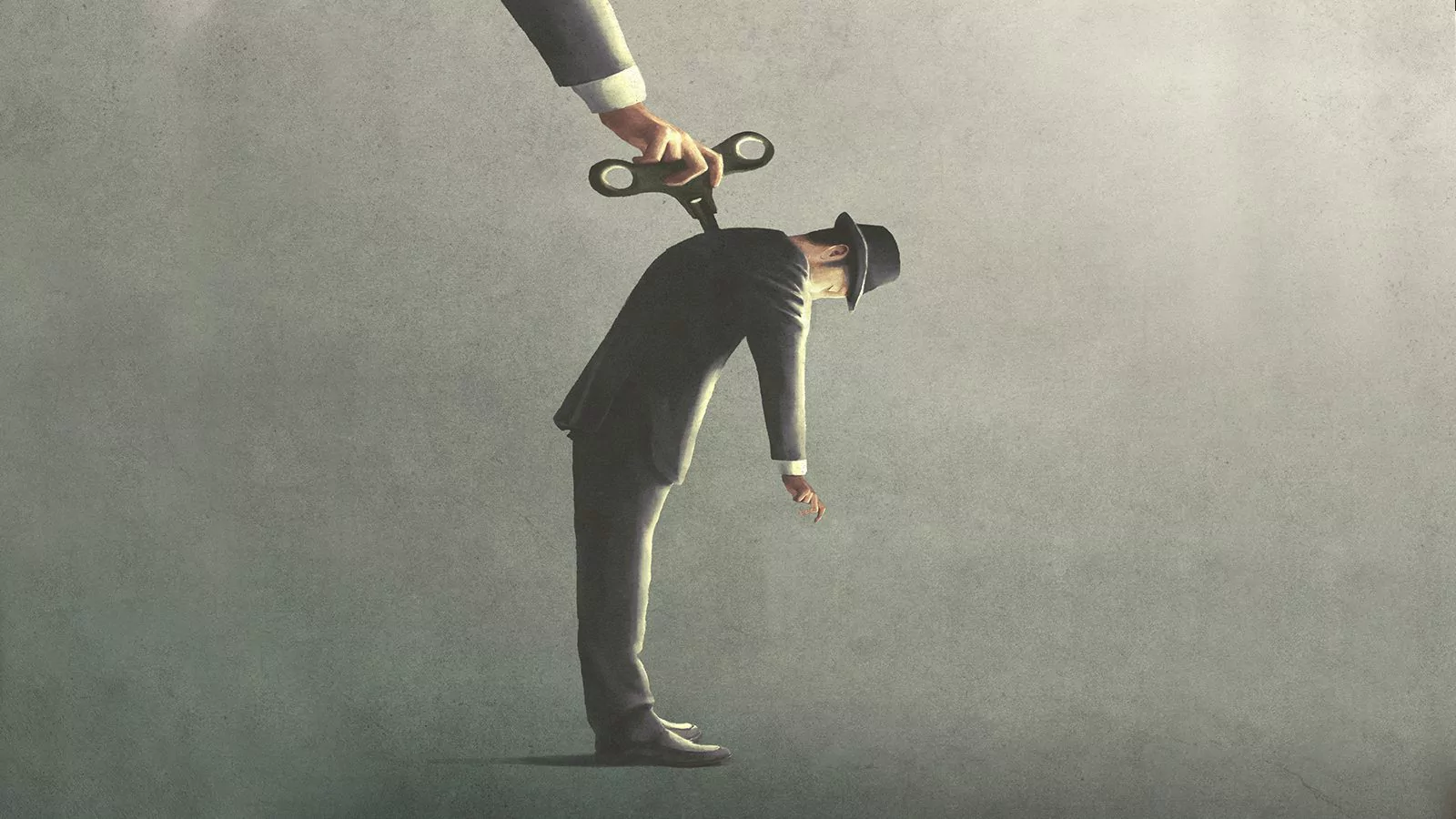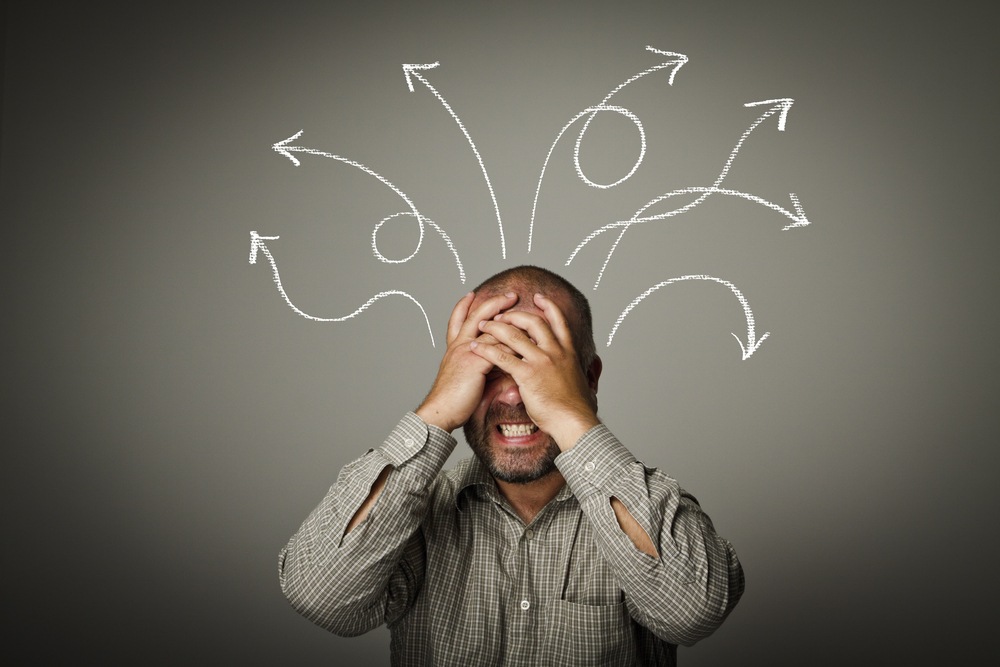We’re all unique, and we each have our own things to improve on. But handling folks who really sap your energy and make it tough to talk can be a real challenge. So, we’ve put together a list of 17 kinds of people who might have crossed your path and made things tricky.
Here are 17 kinds of people who drain your energy:
1. The Complainer

These individuals tend to dwell on the downsides of life, which can dampen the spirits of those around them. According to Headspace, being around negative people with their pessimistic attitudes can make you feel gloomy and cynical.
2. The Energy Vampire

People who always seem to need attention and support but never give any back can be like energy vampires. They leave you feeling exhausted, both emotionally and physically. These folks thrive on drama, enjoying dragging you and others into their chaotic situations.
3. The Pessimist

When people always think things will turn out badly, they can bring down the excitement and morale of a group. Usually, these folks struggle to see the good in situations and rarely feel hopeful about what’s to come.
4. The Gossip

People might gossip to boost their ego or to fit in with others. Or, it could be because they’re feeling anxious and want to feel more in control, they’re bored, or they simply enjoy causing harm. But all this gossiping makes the atmosphere toxic, leaving everyone feeling uneasy and suspicious of each other.
5. The Victim

People who always feel like bad things are happening to them are called “playing the victim.” This way of thinking usually leads them to blame others for their problems and not take responsibility for their own actions. They might even make others feel guilty for doing well or being happy.
6. The Controller

People who always want to control everything can be difficult to deal with. They tend to criticize others a lot and ignore their ideas. Being around them can be stressful because they always want to be in charge.
7. The Skeptic

When people collaborate, facing challenges and receiving criticism can actually be helpful. It pushes us to think more creatively and solve problems better. But some folks, the skeptics, tend to make things difficult by constantly questioning everything. This doubt can squash creativity and innovation, making it tough to achieve our goals.
8. The Narcissist

Sure! When someone has narcissistic tendencies, it means they often think very highly of themselves. They might believe they’re more important than others and crave attention and praise. This can be a part of narcissistic personality disorder, which is a diagnosed mental health condition where someone feels grandiose, seeks admiration, and struggles to empathize with others.
9. The Judge

People who are quick to criticize or judge tend to make assumptions about others without knowing the full story. This can make people feel unappreciated or defensive, and it happens because they don’t take the time to understand or empathize with different viewpoints.
10. The Drama Enthusiast

Dramatic people tend to blow up minor problems into big deals or thrive on conflicts and drama. They usually love being the main focus of attention. This can make it tough to work together and solve problems because conversations get off track and don’t focus on finding solutions.
11. The Manipulator

Manipulative folks use lies or pressure to make others do what they want for their own benefit. They might seem charming to trick people, which makes it tough to see how or why they’re being controlling in a relationship.
12. The Over-Competitive

When people compete unnecessarily, it can make things tense and unfriendly, which doesn’t really help us work well together. So, Psychology Today suggests that instead of letting competition get in the way, we should try to understand why someone is being competitive and what they want. Then, we can find shared goals that might help us collaborate better, rather than working against each other.
13. The Non-Listener

When we truly listen to each other, it strengthens our relationships. But when someone doesn’t listen, it can make us feel like our thoughts and feelings don’t matter. These people tend to talk a lot without really hearing what others have to say or they might miss important stuff.
14. The Chronic Interrupter

When someone keeps interrupting you all the time, it doesn’t just feel like they don’t respect you or your ideas, but it also shows that they’re pretty focused on themselves. Plus, it messes up the conversation flow and can make things tense when talking in a group.
15. The Flake

People who are unreliable with plans or commitments tend to cancel at the last minute or come up with excuses. This behavior can make others feel unimportant and disrespected, hurting the group’s ability to work together effectively.
16. The Perfectionist

When people set extremely high standards for themselves, others, and the results of their work, they become perfectionists. This can make them overly critical and afraid of failing. It can also harm group projects because perfectionists often have trouble trusting others and struggle to share their workload.
17. The Indecisive

People who have a hard time making up their minds struggle to decide things, which can hold up plans and annoy others. This can slow down group work or projects. They often lean too much on others for guidance, which can be tough to handle.

